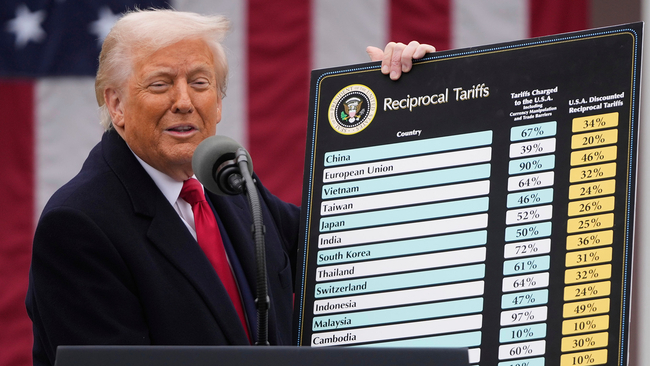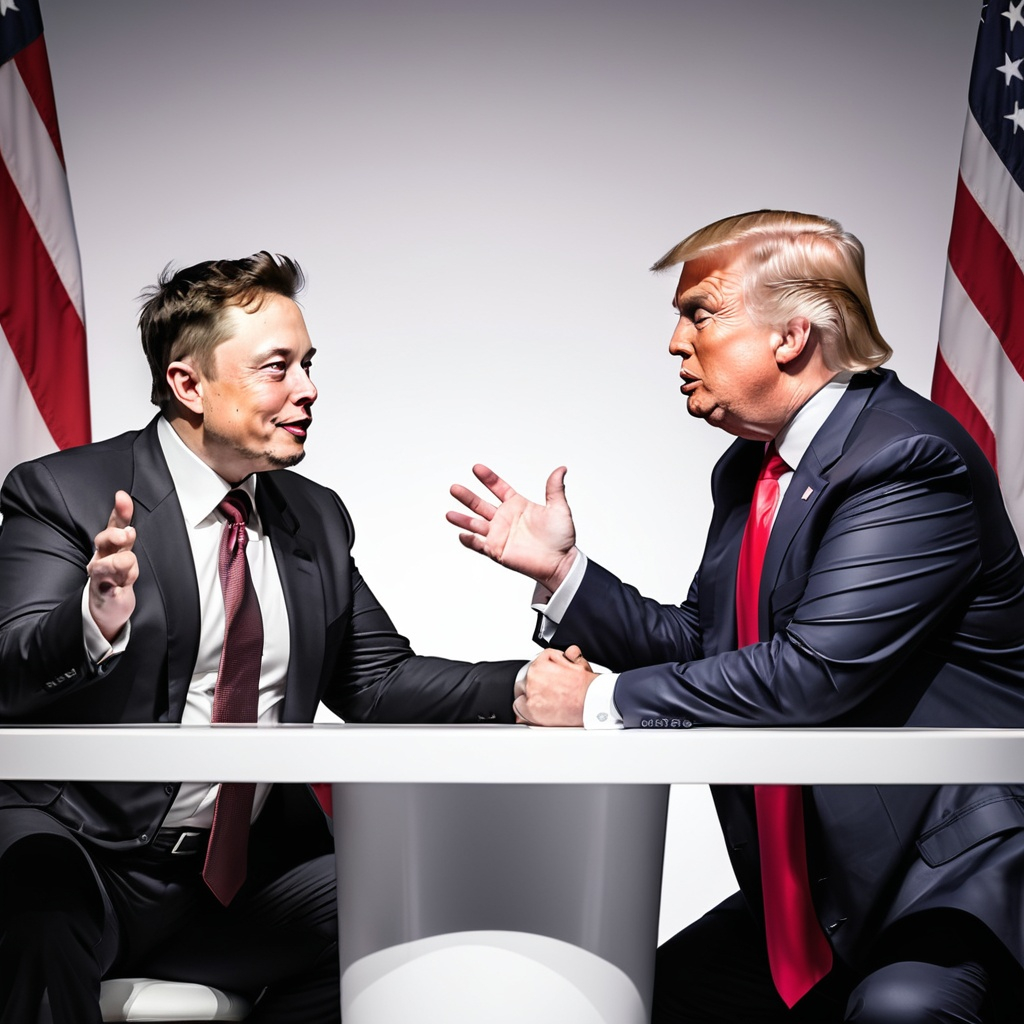Trump’s Rally Speeches: A Missed Opportunity in Leadership
Leadership traits as observed in US elections
Donald Trump’s recent rally speeches, particularly in Woodstock, Illinois, and other locations, highlight a significant challenge in his campaign strategy: the tendency to focus on attacking political opponents rather than articulating a clear economic agenda. This approach not only detracts from his potential to appeal to a broader audience but also contrasts sharply with the leadership skills he showcased on his reality show, The Apprentice, where he was known for decisive and strategic thinking.
The Rally Speech Dynamics
At a rally in Rock Hill, South Carolina, Trump delivered a speech that was emblematic of his campaign style—long, resentment-filled, and focused on a dark vision for America. While his rhetoric resonated with his core supporters, it failed to present a coherent economic plan for a potential second term. Instead, Trump reiterated familiar themes, such as denying the 2020 election results and promising retribution against perceived enemies like the “deep state” and the media.
Similarly, during a speech in North Carolina, which was supposed to focus on the economy, Trump quickly veered off into his characteristic style of personal attacks and unsubstantiated claims. This shift diluted the intended message and missed an opportunity to address pressing economic issues that could have broadened his appeal.
The Woodstock Rally and Its Implications
The rally in Woodstock, Illinois, held just before the Democratic National Convention in Chicago, serves as a poignant example of his current campaign strategy. This rally was strategically timed to coincide with the DNC, aiming to demonstrate Trump’s continued support in the Chicago area. However, the event highlighted a recurring theme in Trump’s campaign: the focus on attacking political opponents rather than presenting a clear, visionary economic agenda.
Leadership and Strategy: A Contrast
Trump’s rally speeches often lack the strategic focus needed to win over undecided voters or those concerned about economic issues. This is ironic considering his reputation from The Apprentice, where he was known for his catchphrase “You’re fired!” and his ability to make tough decisions. In the political arena, however, his speeches are more about rallying his base than presenting a detailed policy agenda.
During the Republican National Convention, Trump attempted to strike a unifying tone by promising to serve “all of America” and addressing economic concerns like inflation and energy prices. However, these promises were vague and lacked specific policy details. This approach contrasts with the decisive and clear-cut leadership style he portrayed on television.
Trump’s Leadership Shortcomings
Trump’s leadership style has often been characterized by a focus on personal charisma and confrontational tactics rather than strategic vision and empathy. While he is credited with being competitive and intense, these traits do not necessarily translate into effective leadership. Critics argue that Trump lacks key leadership qualities such as empathy, strategic vision, and the ability to inspire and unite diverse groups. His leadership style is often described as “me-centric,” focusing on personal gain and validation rather than the broader needs of the nation.
Failure to “Walk the Talk”
Despite his reputation for decisive leadership on The Apprentice, Trump’s political speeches often lack the discipline and foresight expected of a national leader. His tendency to react impulsively and focus on personal grievances detracts from his ability to present a cohesive vision for the country’s future. This failure to “walk the talk” undermines his credibility as a leader capable of addressing complex national challenges.
Charisma vs. Visionary Leadership
While Trump possesses a certain charisma that resonates with his base, this alone is insufficient for effective leadership. Charismatic authority can inspire loyalty, but without a clear and actionable vision, it falls short of the transformative leadership needed to address pressing economic and social issues. Trump’s rallies, including the one in Woodstock, often highlight his charismatic appeal but lack the substantive policy proposals necessary to win over undecided voters and address the nation’s challenges.
Conclusion
In conclusion, Trump’s recent rallies underscore a critical gap in his campaign strategy. By focusing on personal attacks and lacking a clear economic vision, Trump misses the opportunity to demonstrate the leadership qualities necessary for a successful presidency. This approach contrasts sharply with the strategic and visionary leadership expected of a national leader, highlighting the irony of his reality show persona where decisive leadership was a hallmark. As the campaign progresses, the challenge for Trump will be to pivot from divisive rhetoric to presenting a compelling and inclusive vision for America’s future.










